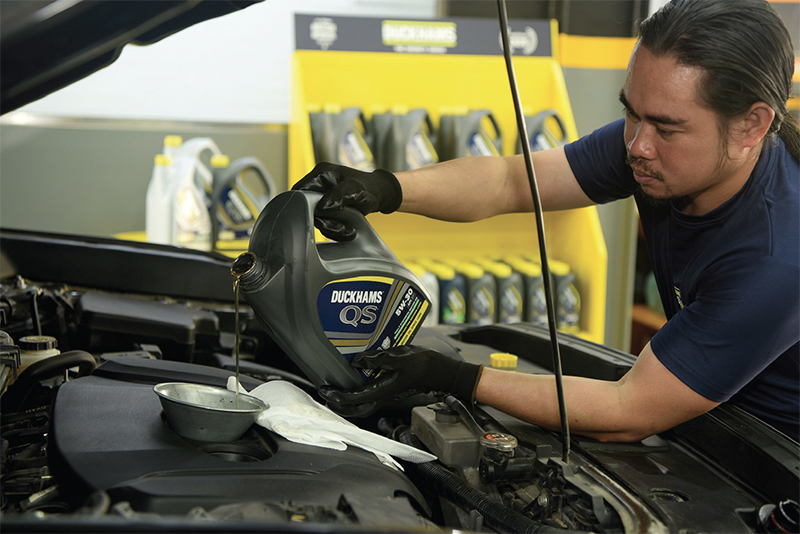Is the 2030 petrol and diesel car sales ban realistic?

Duckhams Global CEO, Mike Bewsey, asks whether the 2030 petrol and diesel car sales ban is realistic and provides his take on the matter.
The UK government, like many aroundvthe world, is keen to support the transition to zero emissions and phase out the sales of petrol and diesel cars. In 2020, the Conservative government announced the end of new petrol and diesel car sales in the UK by 2030. But by 2023, the message was already starting to change. Then Prime Minister, Rishi Sunak, announced a delay for the ban until 2035.
Some OEMs were frustrated by the change in direction, and a group of environment NGOs, including Transport & Environment, Campaign for Better Transport and Greenpeace UK, condemned the government’s plans, writing in a letter: “The delay to 2035 would blow a massive hole in any serious attempt to reach net zero emissions by 2050.”
However, What Car? research showed that many motorists were relieved, feeling concerned about the lack of vehicle charging infrastructure, the cost of electric cars and their lack of range.
Less than 18 months later, the now Labour government has said it intends to reinstate the 2030 date, launching a public consultation to seek views on “how to restore the 2030 phase out date for new purely petrol and diesel cars and make the transition to zero emission vehicles a success”.
So, with just five years to go, is a 2030 ban even realistic anymore?
What’s the data saying?
According to European Automobile Manufacturers’ Association (ACEA) data, petrol and diesel cars still accounted for over a third of all new UK registrations in 2024 at 36.5%. Undoubtedly, their share of sales has declined since the ban was announced in 2020, but there is still a long way to go. HEVs accounted for 35.3% of registrations, and PHEVs accounted for 8.6%, so vehicles with some form of internal combustion engine still accounted for 80% of new car registrations last year.
Add the fact that the vehicle parc is ageing, and internal combustion engines will be around for many years to come, whether the ban begins in 2030, 2035 or beyond.
According to the latest ACEA Vehicles in Use 2025 report, the average age of passenger cars in the UK is now 10.6 years, vans 9.8 years, trucks 11.6 years and buses 16 years. These figures show a notable increase since 2019, when UK cars averaged eight years, vans 7.8 years, medium and heavy commercial vehicles 7.4 years and buses 9.8 years.
It is no surprise that EV uptake is falling well short of the government’s mandated targets. Improved reliability of cars, ongoing pressures on household spending, and the lack of charging infrastructure and tax incentives all mean motorists are in no rush to make the switch.
Whilst BEVs are increasing their share of new car sales, petrol is still a popular choice for new car registrations. Diesel continues to dominate new van, truck and bus registrations. These vehicles will still be on our roads by 2035 and beyond.
Lubricant companies are closely watching developments and working with OEMs and trade partners to cater to the diverse and ageing vehicles on our roads. At Duckhams, we have been keeping engines of all ages moving with high-performance oils for 125 years.
Over 100 years ago, we developed new process oils that controlled the build-up of carbon deposits and in 1951, we were responsible for the introduction of Europe’s first multi-grade oil. Today, our QS and QXR synthetic engine oils are formulated with modern additive technology and high-quality base oils to meet current specifications and provide advanced protection for modern passenger cars. Hypergrade Plus engine oils are formulated to meet the requirements of older vehicles and provide complete protection.
We will continue to innovate and support professionals and motorists, whatever the future vehicle parc requirement, be that petrol, diesel, hybrid, electric or hydrogen-powered vehicles.








